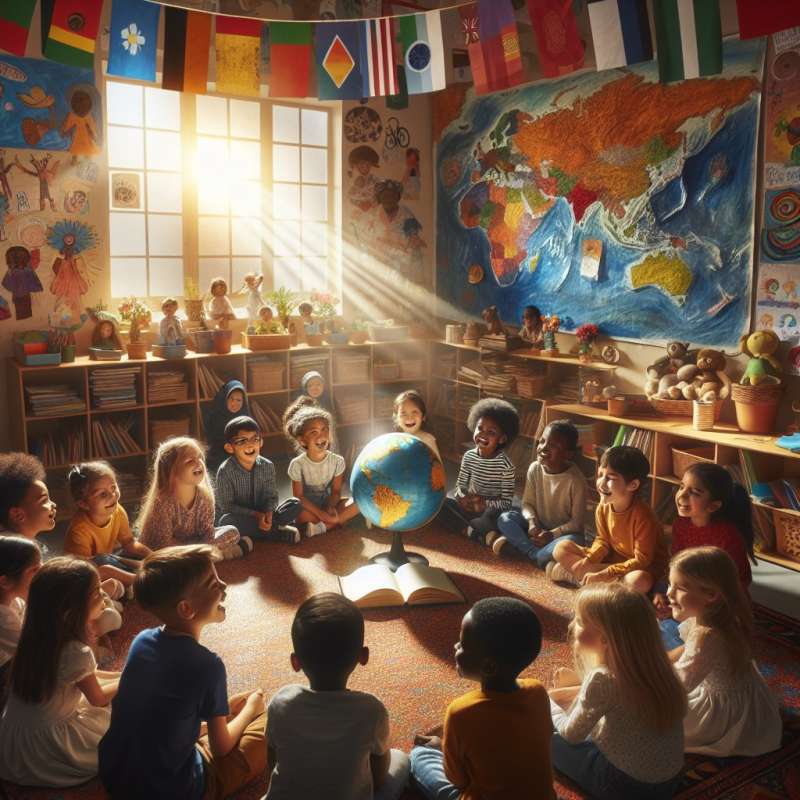
Defining Childhood
Childhood is considered the period from birth to adolescence. It is a critical time for growth, learning, and development. Various cultures define the end of childhood at different ages, often linked to puberty or legal adulthood.
Stages of Development
Children go through stages: newborn, infant, toddler, preschooler, school-age child, and teenager. Each stage has unique milestones in motor skills, language, social interaction, and emotional understanding, crucial for their transition into responsible adults.
The Brain's Plasticity
A child's brain exhibits remarkable plasticity, forming new neural connections rapidly. By age 3, it reaches about 80% of its adult volume, but the development continues into the mid-20s, influencing behavior, learning, and susceptibility to mental health issues.
Children's Rights Evolution
The concept of children's rights is relatively new. The UN's Convention on the Rights of the Child (1989) is a landmark document acknowledging their basic human rights, including the rights to education, play, safety, and family life.
Impact of Play
Play is not just leisure; it's key to development. It helps children improve motor skills, develop problem-solving abilities, and understand the world. Structured play can enhance social skills and creativity, while free play fosters independence.
Language Acquisition Mystery
Children effortlessly acquire language, a process still not fully understood. They can learn multiple languages simultaneously with ease, a feat that becomes significantly harder with age. This ability reflects the adaptability of the developing brain.
Nature vs. Nurture Debate
The debate continues on what shapes us more: genetics or environment. In children, both play pivotal roles, but experiences during childhood can have profound, long-lasting effects on personality, intelligence, and behavior, highlighting the importance of nurturing environments.
What defines childhood's end in various cultures?
Adolescence or legal adulthood
Completion of education
Starting first job
Company